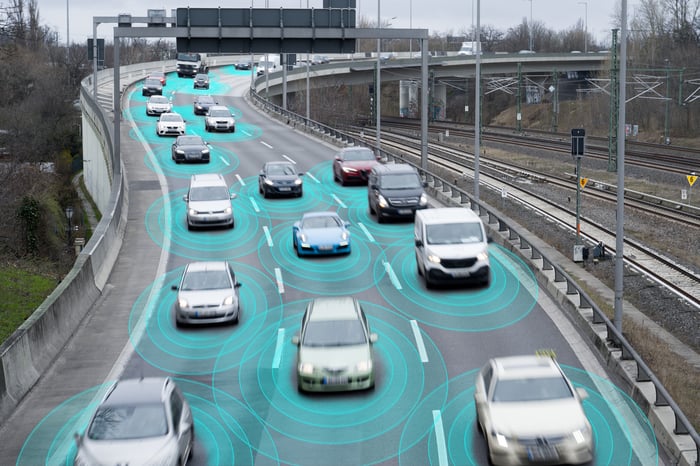Berkshire Hathaway’s Insurance Business: A Key Driver of Success
Berkshire Hathaway has outperformed the S&P 500 over the past 60 years, thanks in part to savvy investment decisions. However, the conglomerate’s stakes in public companies may no longer be the primary driver of its success. Berkshire’s first-quarter results revealed a record $342.39 billion in cash, cash equivalents, and U.S. Treasury bills. The value of its public equity portfolio stood at $277.41 billion, approximately a quarter of its $1.16 trillion market cap. The remainder of Berkshire’s value comes from its subsidiaries, particularly its property and casualty (P&C) insurance businesses.
A Changing Landscape
Income from insurance underwriting and investment combined was $4.23 billion in Q1, accounting for 43.9% of total operating earnings. During the annual shareholder meeting, Warren Buffett and Ajit Jain addressed concerns about the future of P&C insurance, including the impact of private equity investment and autonomous vehicles. Buffett and Jain noted that while private equity firms can profit from life insurance, the associated leverage and credit risk are unappealing to Berkshire.
The rise of autonomous vehicles is expected to change the auto insurance industry. Buffett acknowledged that the cost of insurance has increased significantly since the 1950s, with annual GEICO policies rising from $40 to potentially $2,000 today. However, accidents have decreased by over 80%, and autonomous vehicles could further reduce accidents. Jain suggested that full vehicle autonomy would transform the auto insurance business, shifting focus from operator error to product liability issues related to automakers’ errors.

Buffett expressed confidence in Berkshire’s unusual advantages in the insurance business, which cannot be replicated by competitors. While the adoption of autonomous vehicles will be a game-changer for the industry, it’s a challenge that all companies must adapt to. Monitoring technological advancements and their impact on underwriting criteria and operating earnings will be crucial.
Focusing on the Long Term
Buffett emphasized the importance of a long-term perspective, stating, “We don’t do anything based on its impact on quarterly or annual earnings.” This philosophy is likely to give Berkshire Hathaway an advantage in navigating the changes brought about by vehicle autonomy. By focusing on building lasting businesses rather than short-term gains, Berkshire may even gain market share in the industry.

